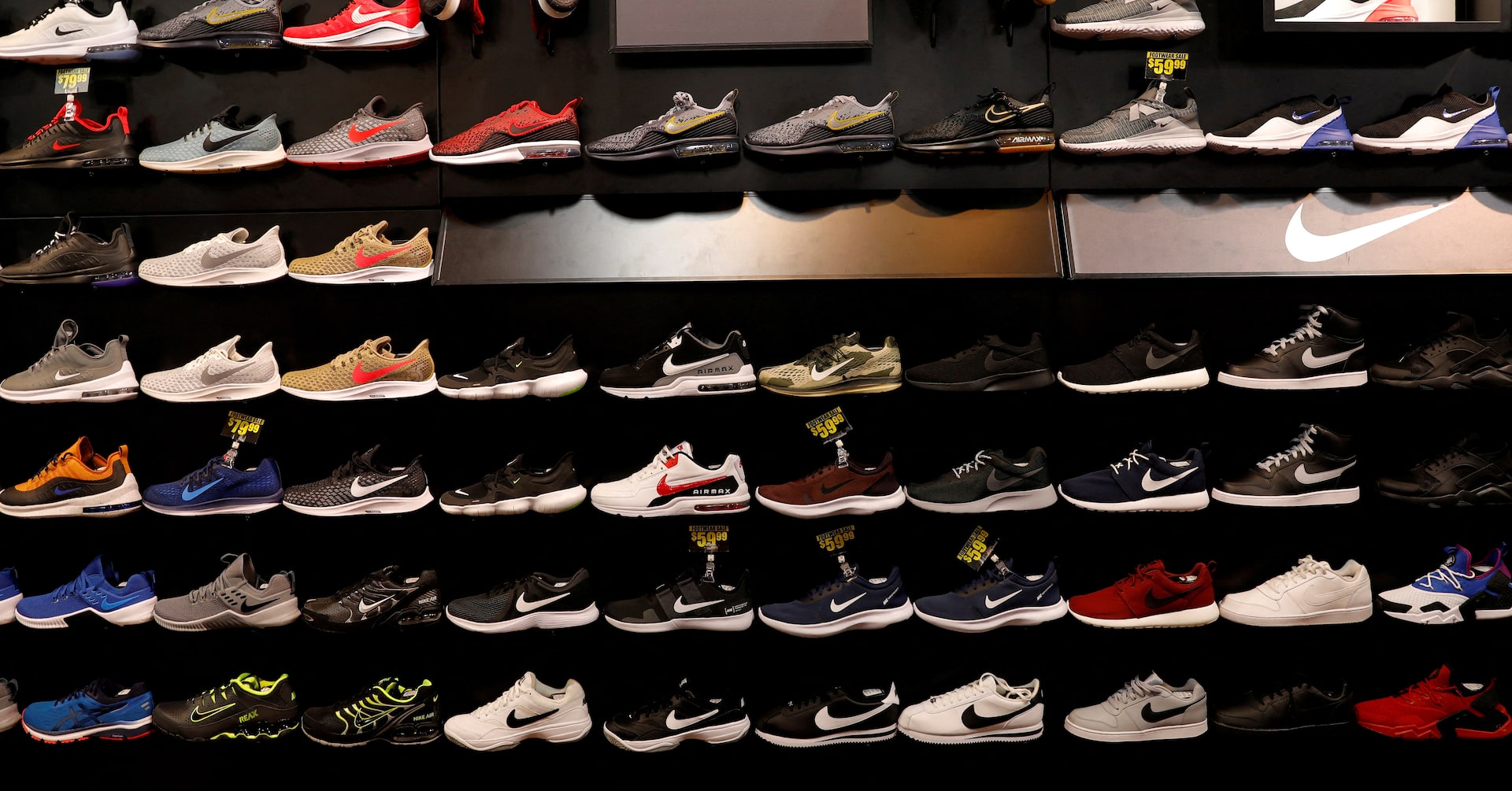Ben & Jerry's Founders Blast Unilever: "This Isn't Our Ice Cream Company Anymore"

In a dramatic twist of corporate loyalty, Ben Cohen and Jerry Greenfield are locked in a passionate battle with Unilever over the soul of their legendary ice cream brand. The founders, who launched Ben & Jerry's nearly half a century ago, are now fighting to preserve the independent spirit that made their company a cultural icon.
What began as a small Vermont scoop shop in 1978 has transformed into a global phenomenon, but Cohen and Greenfield are determined to ensure that the brand's original values and independence remain intact. Their current conflict with Unilever, the multinational consumer goods company that acquired Ben & Jerry's in 2000, highlights the ongoing tension between corporate ownership and the founders' original vision.
The dispute underscores a larger narrative about corporate identity, brand authenticity, and the challenges faced by pioneering entrepreneurs when their beloved company falls under larger corporate control. Cohen and Greenfield continue to advocate for the progressive, socially conscious approach that distinguished Ben & Jerry's from traditional ice cream brands, even as they challenge their parent company's current direction.








